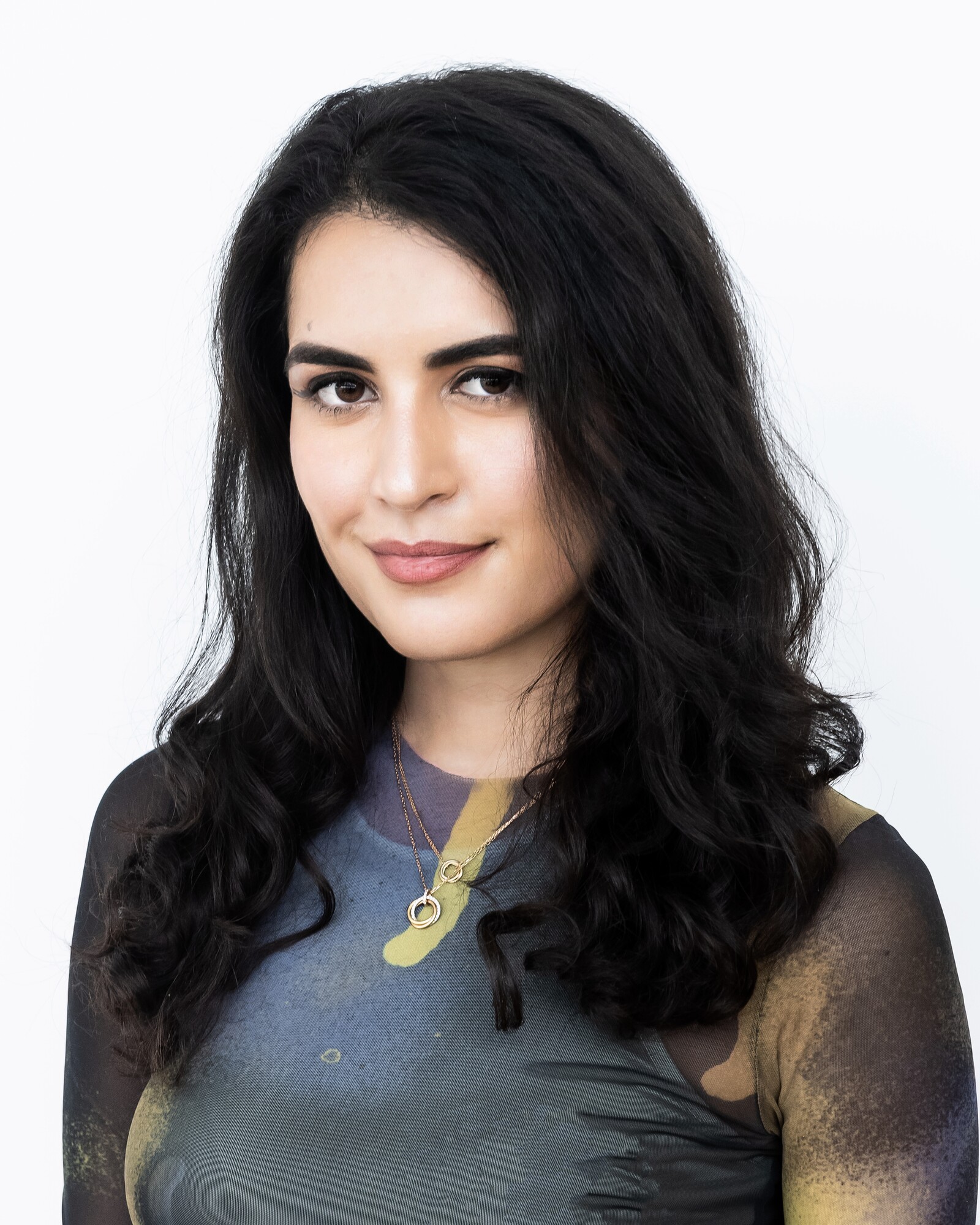Season 2
ICA Miami’s new podcast explores urgent issues of our time through the voices of leading thinkers, artists, and activists.
The Institute of Contemporary Art, Miami, proudly announces the second season of Tomorrow is the Problem, a new podcast series that approaches the urgent issues of our time by unearthing the hidden meaning behind everyday phenomena. The first four information-packed episodes in season one look at oceans as a source of knowledge and consider their symbolic and historical meaning across many cultures and communities and through the lenses of climate activism, marine archeology, Afrofuturism, and more. Season Two approaches the way sound shapes collective experiences from music and dance to activating communities in moments of protests and through practices of listening.
Tomorrow is the Problem builds on ICA Miami’s robust program of digital initiatives designed to engage audiences around the world with the cutting-edge ideas explored in ICA Miami’s in-person exhibitions and programs. The platform is spearheaded by the museum’s Knight Foundation Art + Research Center (A+RC), South Florida’s only museum-based research department. The initiative is made possible by a 2 million USD grant from the John S. and James L. Knight Foundation grant in 2018, which kickstarted the museum’s five-year expansion of A+RC’s scope, including the creation of new digital platforms to advance the exchange of ideas between the public, artists, cultural theorists, and other thinkers in the Miami region and globally.
For the podcast’s second season, host Donna Honarpisheh, PhD, Assistant Curator, Knight Foundation Art + Research Center at ICA Miami, invites a diverse cast of thinkers and activists to join her in each episode as they delve into urgent issues in contemporary art and culture from critical narrative perspectives. Guests include jazz musician, Endea Owens; Feminist Theorist of Visual Culture and Art, Tina Campt; DJ and scholar, Steve Goodman; Professor of Performance Studies, Alexandra Vazquez; healer, artist, and choreographer, Guadalupe Maravilla, among others, who think about sound as art, music, warfare, and protest.

